Having a healthy gut is essential for our health and wellbeing. When our digestive system is out of balance, we can experience a host of symptoms from digestion problems to food allergies, arthritis, skin issues, and unhealthy weight loss or weight gain.
Digestion issues can feel very isolating because it’s a topic not everyone is comfortable talking about. Thankfully, the discussion of gut health is becoming a bit more common as we’ve begun to recognize the importance of it. Many of us deal with symptoms of poor digestion such as occasional constipation, bloating, or heartburn. Others experience more severe issues like IBS, candida overgrowth, SIBO, Crohn’s disease, or leaky gut syndrome. Stress, repeated antibiotic use, a diet filled with processed foods and refined sugar, and viral or bacterial infections can all lead to compromised gut health.
Even when experiencing these issues, we can feel empowered knowing that certain diet and lifestyle changes can help heal our body naturally. The first and most important change we can make is to follow a Clean Eating diet. Eating a clean diet full of fruits, veggies, whole grains, and organic meats can provide all the macro and micronutrients that our body needs to function properly and support healing. There are a few more things we can do to repair our digestion to ensure that we are breaking down and absorbing the foods we eat. Because it’s not only about what we eat but about what we are able to digest.
Here are seven ways to heal the digestive system naturally.
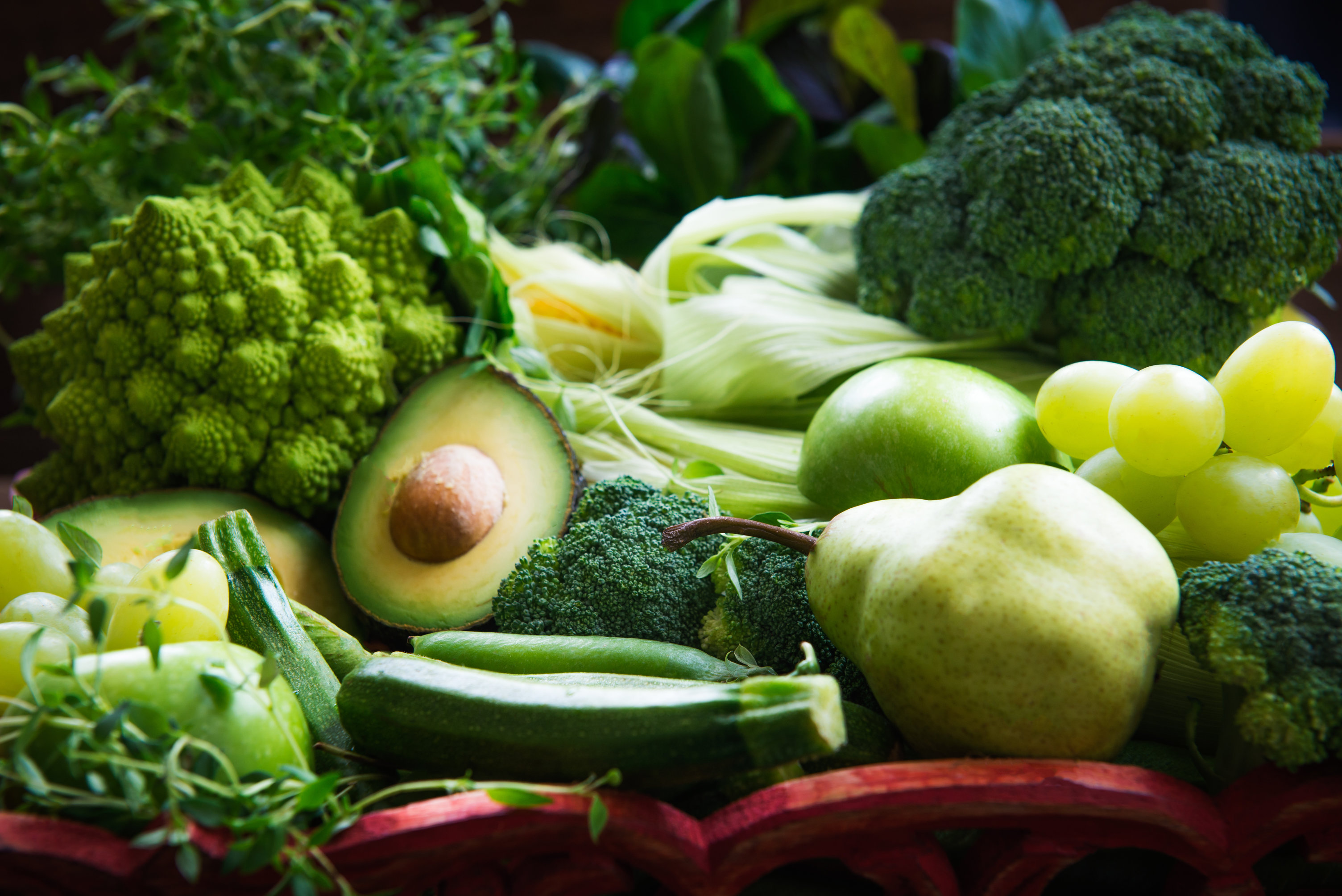
1. Identify and Remove Triggers with an Elimination Diet
When dealing with issues such as constipation, bloating, diarrhea, or excessive gas an elimination diet can be an important step in identifying possible food sensitivities and starting the healing process. If we do all the right things but are still eating something that we are sensitive to – even if it’s healthy food – we will continue to suffer. Remove common allergens like corn, soy, gluten, dairy, and sugar for a few weeks and see if your symptoms improve. With the 30 Day Clean Eating Challenge, we start off with detox to help “reset” and lower inflammation levels in the body before adding more foods in for the rest of the month!
2. Ditch Sugar
Bad bacteria and yeast overgrowth play a role in digestive issues and they thrive on processed sugar. Did you know that the bacteria in our gut influences what kind of foods we crave? That means if we are consuming lots of processed sugar, the sugar-loving bacteria will begin running the show and cause us to crave it even more. Which is why cutting it out completely will reap the most benefits. Take note that this refers to refined sugar and treats, not fruit. Fresh fruit is a whole food that provides us with vitamins, antioxidants to fight inflammation, and fiber that the healthy bacteria love. Already panicking at the thought of giving up the sweet stuff? Here are 7 signs you have a crush on sugar!
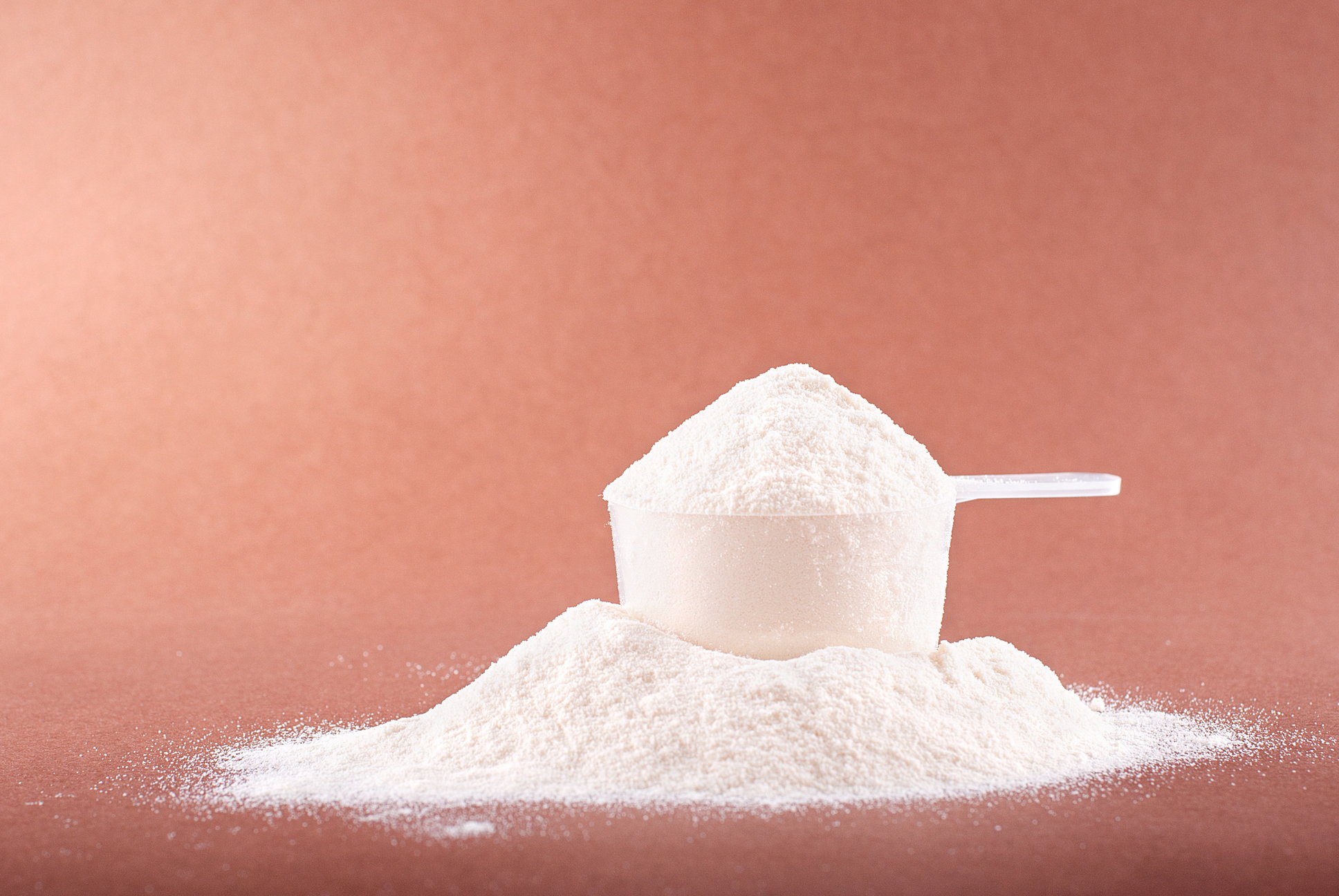 2. Glutamine
2. Glutamine
Glutamine is an important nutrient that aids our body in repairing and regenerating the intestinal lining in our gut. It also helps soothe inflammation and reduce sugar cravings. All good things when trying to recover from digestive issues. You can increase your intake of glutamine by consuming foods such as bone broth, cabbage, organic turkey, almonds, beans, spinach, asparagus, parsley, and fish. Using L-glutamine supplements have also been shown to be beneficial in gut healing. Be sure to talk with your healthcare provider to make sure it’s an appropriate option for you.
3. Zinc
Zinc plays a role in our gut health by supporting the epithelial barrier throughout our gut. If we become deficient in zinc, this barrier will be compromised and we can develop leaky gut syndrome, chronic diarrhea, inflammatory bowel diseases, malabsorption, or food allergies. Fortunately, research has shown that correcting a zinc deficiency can help prevent and even reverse these issues. Shellfish, legumes, beef, sunflower seeds, quinoa, and rice are all good sources of zinc. Supplementing with zinc is also an option.
4. Consume Probiotics
Probiotics are the good bacteria that live in our gut that keep us healthy in many ways and that includes assisting us with digestion. They thrive on fiber and they help us breakdown some of the indigestible fibers we eat. If we don’t have enough of the good guys helping with this, we can experience gas and bloat. Consuming probiotics in the form of a high-quality supplement or fermented foods like sauerkraut, kimchi, miso, apple cider vinegar, and organic grass-fed dairy products can help mitigate symptoms of IBS including gas, bloating, pain, constipation, and diarrhea.
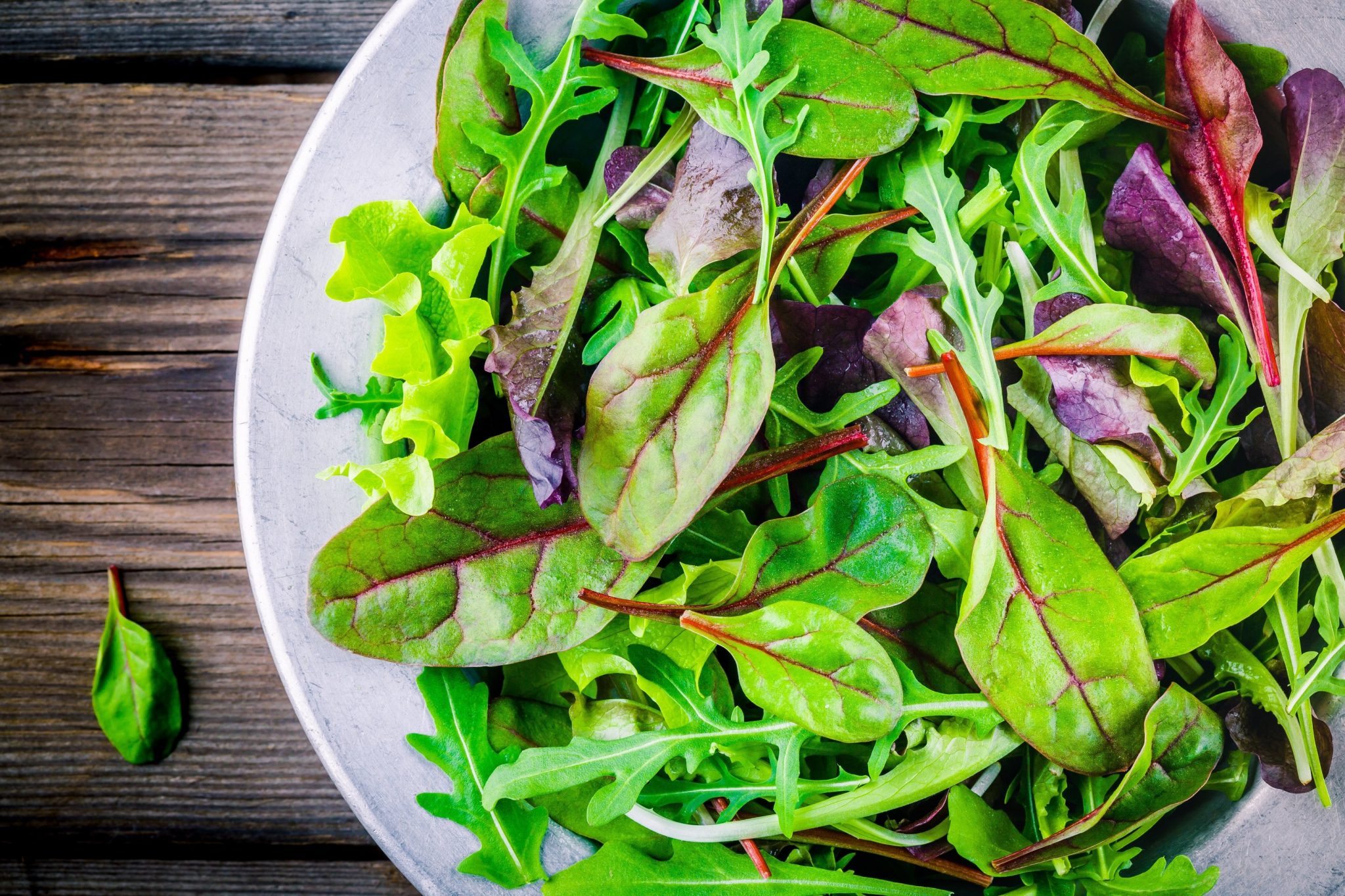
5. Eat fiber-rich foods
Fiber supports gut health by feeding healthy bacteria, keeping us regular, and acting as an inflammation fighter. Fiber is found in whole food based carbohydrates. Some gut-healthy options include bananas, pears, asparagus, sweet potatoes, garlic, oats, kale, and beans.
6. Include Healthy Fats in your diet.
Healthy fats help us to absorb certain nutrients better. Omega-3 fatty acids especially can reduce inflammation throughout our body. Research suggests that getting enough of these good fats can help prevent the development of inflammatory bowel diseases. Foods that are high in omega-3 fats include walnuts, chia seeds, flaxseed, hemp seeds, and fatty fish such as salmon and sardines. Due to unique genetic factors, some people’s bodies struggle to convert ALA into EPA and DHA from plant-based fats, so it’s wise to incorporate fatty fish and even grass-fed meats like beef or lamb into your diet at least a few times per month.
7. Manage Stress
Stress has been linked with IBS, diarrhea, constipation, and stomach ulcers. During times of stress, we are in “fight-or-flight” mode which shuttles blood and energy away from our digestive system in order to support our brain and limbs. This can really hinder the digestive process and cause physical discomfort. You can practice stress-relieving techniques to support more easeful digestion. Breathing exercises, yoga, acupuncture, or meditation are great options. Anything that helps you to feel relaxed can be incorporated into your self-care routine!
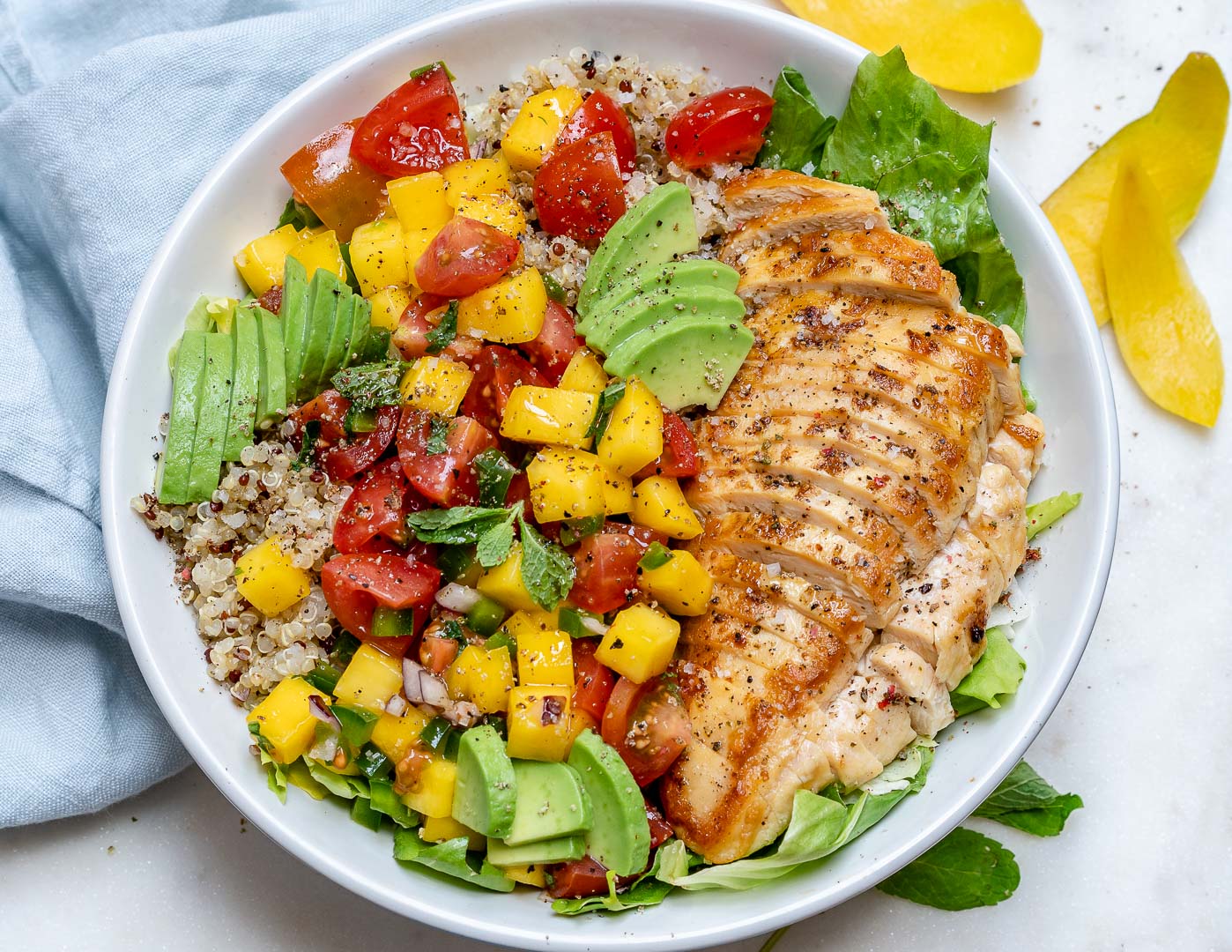
8. Be Mindful And Enjoy Your Meals
Studies show that being mindful when we eat is a big part of supporting proper digestion and reducing digestive stress. Being mindful when we eat means we are present and in tune with how our bodies are feeling. Many of us distract ourselves when we eat with our phones, TV, or work. Practice some self-care by taking a moment before each meal to center yourself. Look at your food and take a moment to appreciate all of the beautiful colors in the foods you’re eating. Eat slowly, chew thoroughly, put away electronics, and take a break from working. Pay attention to how your meal tastes, looks and smells. These actions help take us out of “fight-or-flight” mode and into “rest-and-digest” mode which is where you want to be.
from Clean Food Crush http://bit.ly/2UtofXO


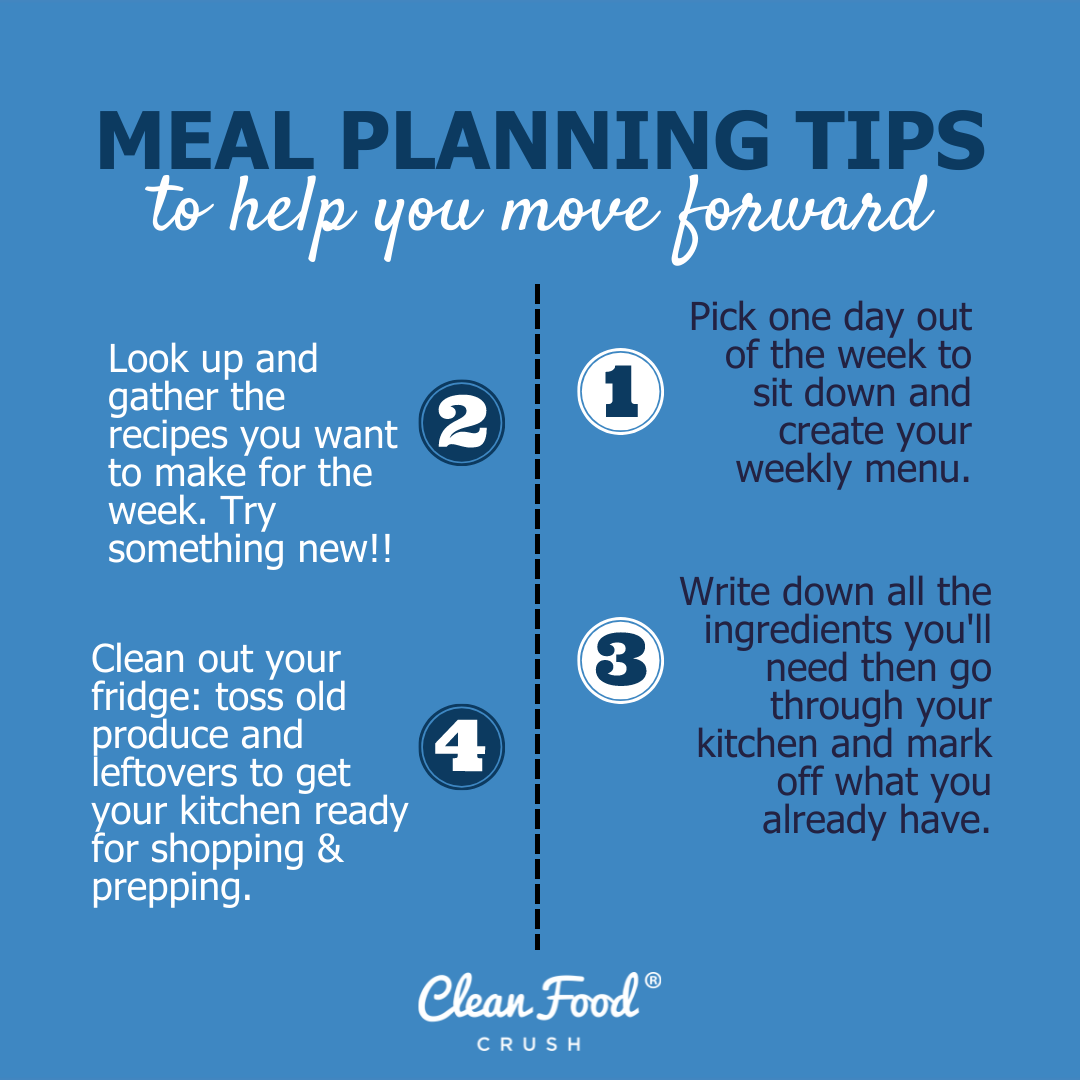

Nice post. Well what can I say is that these is an interesting and very informative topic on natural ways to help digestion
ReplyDelete